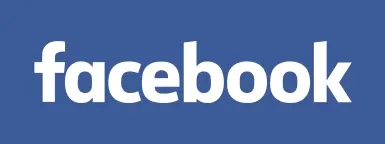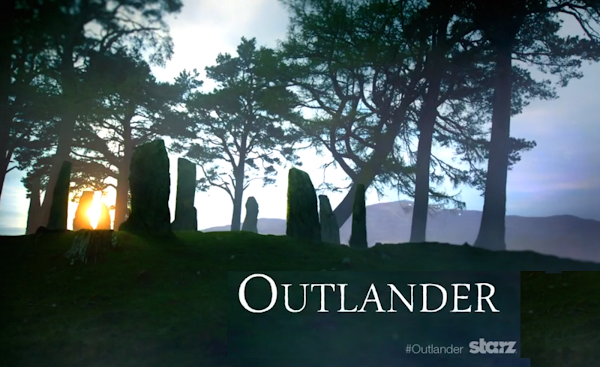Diana's latest blog post
I thought this observation from Diana's blog post was particularly interesting:
A writer dealing with historical settings has a lot of things to consider, and one of these is how much “historical” language or figures of speech to use, and how to portray historical characters in such a way that they seem realistic and empathetic to a modern audience, but still belong plainly to their own time.
Well, one of the ways in which you do this is to use figures of speech that are extremely common, and likely always have been, as well as those particular to a specific age. And calling upon the name of the Almighty in moments of strong emotion and/or casual conversation has probably been part of human speech since people discovered the concept of a deity.
I'm not sure I would have been able to relate to Jamie as well if he didn't occasionally use such language. <g> (An ex-soldier who never curses, even when provoked? That just doesn't seem realistic to me.) It's part of Jamie's character and personality, every bit as much as Claire's use of the F-word and "Jesus H. Roosevelt Christ" is part of hers. And that's made clear fairly early on in OUTLANDER, when he describes how the monks at the Abbey attempted to break him of the habit of taking the Lord's name in vain. So when he says, "Holy God", on their wedding night, I always have to smile -- because I see this as Jamie's natural personality coming through. <g>.
At the same time, I think it's perfectly natural and believable that Brianna, with her Catholic-school upbringing, doesn't use such language. And that Roger consciously struggles not to, after he's decided he wants to be a minister. The language they use is a reflection of their personalities, backgrounds, upbringing, life experiences, etc. -- just as the same is true for all of us who read these books. Consider the following exchange between Roger and Bree in ABOSAA:
"Can ye not say 'whore', then?" he asked, amused. She felt the blood rise in her cheeks, and was pleased that it was dark; he teased her more when she blushed.
"I can't help it that I went to a Catholic school," she said, defensive. "Early conditioning." It was true; she couldn't say certain words, save when in the grip of fury or when mentally prepared. "Why can you, though? You'd think a preacher's lad would have the same problem."
He laughed, a little wryly.
"Not precisely the same problem. It was more a matter of feeling obliged to curse and carry on in front of my friends, to prove I could."
(ABOSAA chapter 6, "Ambush", p. 40 in the hardcover)
I guess what I'm saying is, you can't separate the character from the language that character uses. Claire would be a different person without her occasional use of phrases like "bloody fncking hell" and "Jesus H. Roosevelt Christ". To me, it's part of what makes her a unique individual. And it's part of what makes her seem real. I can't imagine my grandmother (born six years before Claire, in 1912), ever using such language, under any circumstances -- but then, Claire has had any number of experiences that my grandma never did <understatement!>
Finally, I've always thought it was interesting that Diana herself doesn't use this sort of language, but she has no hesitation about letting her characters do so, when it's appropriate.
What about the rest of you? Are you bothered by the amount of cursing and bad language in the books? Does it make you hesitate to recommend the books to other people? I would be interested in hearing what you think.
If you want to address your comments directly to Diana, you can post on her blog.







“Does any use of the C-word (the five-letter one)”
I know four-letter C words, and six-letter C words, and ten-letter C words, but I’m at a loss to think of a five-letter one.
Karen